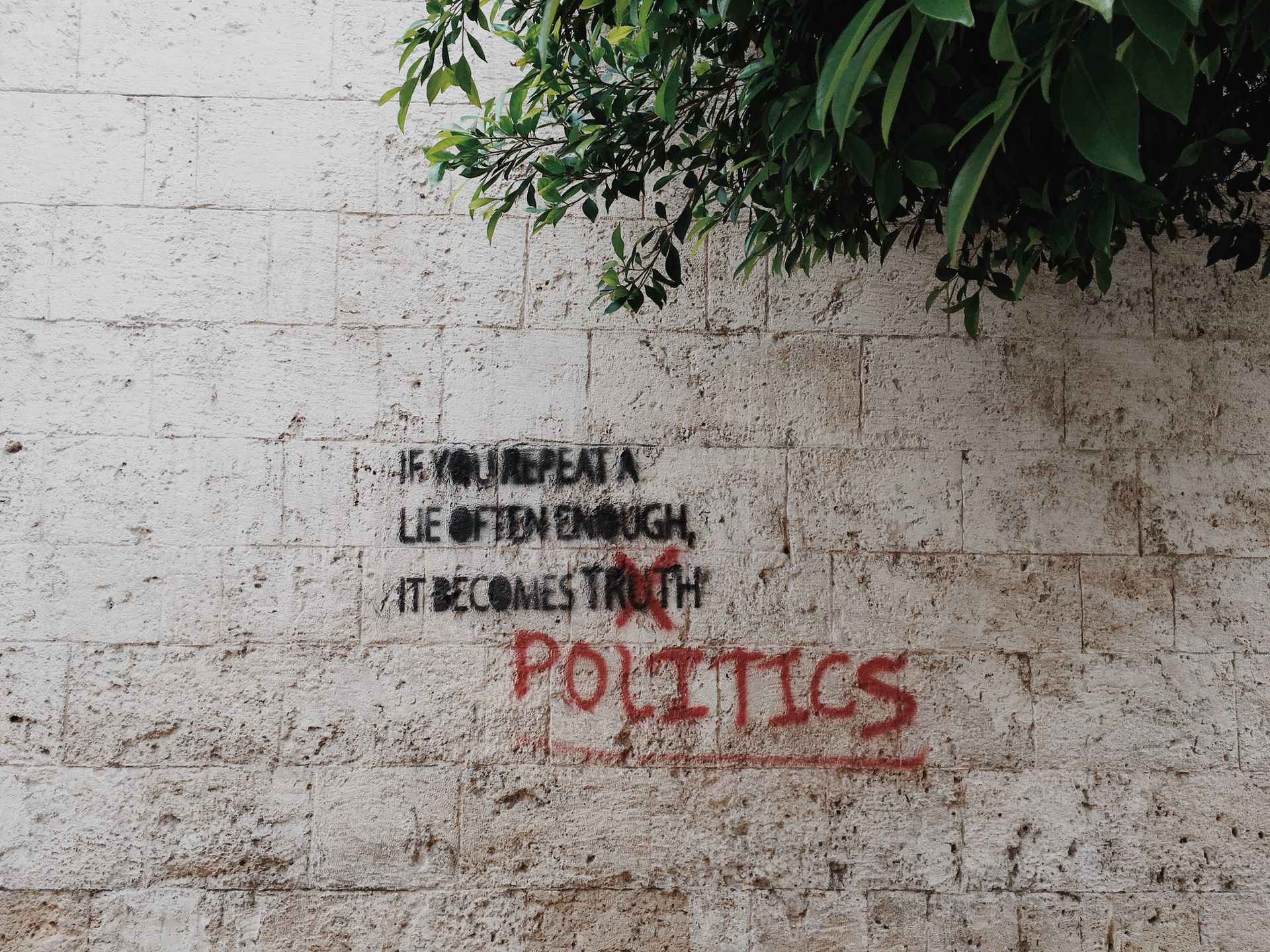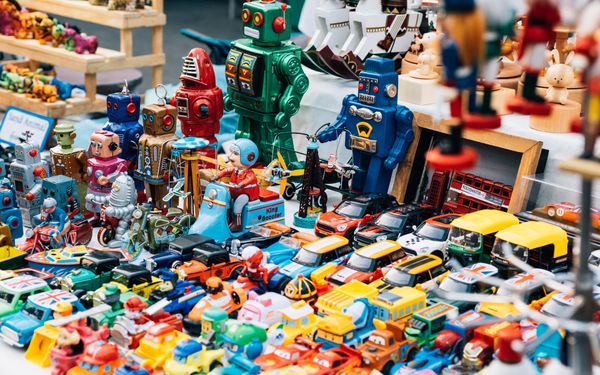Do You Lie?
Bullshit Artist
Hands up if you’ve never told a lie. 🙋
Liar.
Why do we have double standards about what’s acceptable when it comes to lying?
Throughout childhood you’re taught to be honest; to always tell the truth.
But around that, the lies are rife.
Maybe you believed in Santa Claus, the Easter Bunny, the Tooth Fairy.
Then there’s the protective lies parents tell their children when they’re not of age to understand the truth. Or ones told for convenience like, “Eat your vegetables so you’ll grow up big and strong.”
Some of these lies have shaped who you are today, and not necessarily for the better.
The fact is lies, in all their forms have become a part of our lives.
Black lies, white lies, honest lies, half-truths.
Cover-ups, defamation, fake news, fraud.
They’re everywhere.
The thing you may not realise is the impact they have on society, nor the harm they cause you.
Who Can You Believe?

What is it with politicians when asked for a direct yes or no answer, respond with verbal diarrhea, not even answering the question?
Or when claiming they’ll make statements, sidestepping them too?
But they’re not the only professional liars. There are other occupations renowned for BS or fuckery.
Take poker for example.
A rule in the largest annual tournament, the World Series of Poker, states that “…whether in a hand or not, participants may not…disclose contents of live or folded hands.”
This rule is effectively universal in every casino, however, no rules exist that state anything about truth-telling or lying.
The thing is, many players interpret “bluffing,” an integral part of the game, to mean lying, and do so without consequence.
Is it for that reason there’s a certain stigma about poker players, politicians, and other professions who lie freely, often without conscience?
What is it to lie?
The traditional definition is:
“To make a believed-false statement to another person with the intention that the other person believe that statement to be true.”
There are many reasons we choose to lie, however, in general, the act of lying is harmful because:
-
It diminishes the trust others have in you.
Whether large or small, realising someone lied to you immediately changes your opinion of them because you’ve been deceived or manipulated. The bigger or more frequent the lies, the more detrimental to the relationship.
-
It diminishes the trust we have in society.
If everyone lied frequently, who could you trust? What would you believe? Who would you vote for? Everyone would have to take matters into their own hands, do things themselves because no one else could be trusted. Think of certain professions; when engaging with them, you’re wary of because of their general reputation.
-
It prevents others from making informed decisions.
Take a health care scenario as an example. You want the truth from a doctor on the percentage chance a procedure will be successful, both from an emotional and financial standpoint.
-
It corrupts you as a person.
The more you lie, the more you reinforce into your subconscious mind and accept that “I am a liar.” Effort is required to remember who you’ve lied to, maintaining your story. This leads to greater desensitisation to the act of lying, eventually leading you to believe in your own lies.
The Ripple Effect

In an interview, Simon Sinek spoke about Millennials in the workplace where he discussed, among other things, the impact of “failed parenting strategies.” Maybe you can relate.
Growing up, were you told you were special, could have anything you want, and/or subject to questionable parenting techniques, only now to find as an adult, those lies and incorrect strategies affect how you interpret and operate in this world?
Or for the men out there, do you identify as being part of the “Lost Boys” generation, not taught how to express and manage emotions correctly, now impacting your life in adulthood?
These are two examples of the long-term impact on our children, our future, and society when we incorrectly choose to lie. It hurts everyone in the long run.
⩕
So, when is it okay to lie?
Not all lies are bad, but that’s no excuse to use them aplenty.
You’re not going to tell your grandmother the apple pie she baked just for you tastes a bit tart.
Nor would a doctor tell a patient on their deathbed they’re going to die soon. They’ll instead break that news to family.
The best way to judge is by using the reasonable person argument. Would a jury consider your lie justifiable in that circumstance?
Consider these questions:
- Is lying necessary?
- Am I lying to be considerate or a coward?
- Is there a way I can tell the truth but soften the blow?
- If it were me in their shoes, how would I feel about being lied to?
- If the lie requires upholding long-term, is it worth the stress?
- What’s the worst that can happen?
With your children, recognise the example you are setting by telling lies. Sometimes the truth needs to be told even if it upsets them.
Where appropriate, tell half-truths but instill the value of being honest and admit when you get caught out in a lie.
Doing so will serve them well in the long run.
Conclusion
“Tell a lie once and all your truths become questionable.”
Be genuine, be real by being honest with yourself and others; there’s no need to lie.
Not everything is black or white however and lies will be told.
Ever chucked a sickie and told the truth?
By lying you’re not only affecting the world around you but your own within.
Change requires effort but is worth the exercise.
Because, more often than not, honesty is always the best policy.



